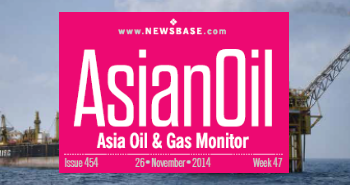AsianOil: Rising oil prices a plus and a minus for Malaysia all at the same time

In Malaysia, Lee Heng Guie, the executive director of the Socio-Economic Research Centre (SERC), has said that targeted fuel subsidies are likely to have a noticeable but manageable impact on headline inflation across the country.
However, he warns that the indirect repercussions, such as potential increases in prices of other commodities and services, could contribute to a higher inflation rate over the long-term.
This is despite a popular counter-belief that the recent surge in crude oil prices due to tensions in the Middle East will aid domestic fuel exports, at least in the short term.
While this may in time prove true, it may not therefore necessarily translate into a long-lasting boon for Malaysia's oil and gas exports.
SERC indicates that while in principle, high oil prices could theoretically benefit the export sector, the resultant escalation in fuel prices nationwide might actually hinder the nation's economic growth prospects.
At the same time, the SERC official highlighted the fact that higher oil prices, known as the "first order effect," could potentially help to bolster Malaysia's trade surplus, concerns also linger over the "second order effect" of oil supply shocks.
These shocks are anticipated to drive up energy prices, consequently fuelling inflation.
If you’d like to read more about the key events shaping Asia’s oil and gas sector then please click here for NewsBase’s AsianOil Monitor.


Follow us online